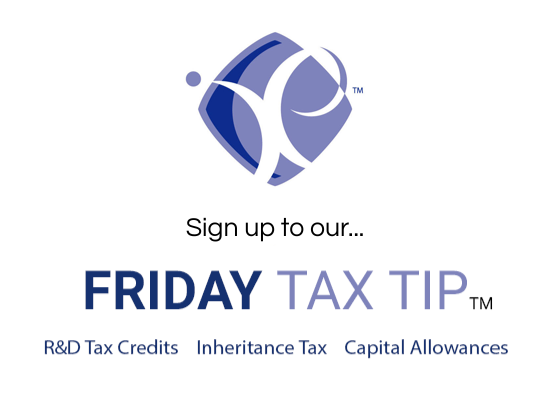During the height of the Covid-19 pandemic, the government rolled out emergency support at an unprecedented scale.
While this funding helped many businesses stay afloat, it also opened the door to billions in fraudulent or mistaken claims. Now, the government is giving people a chance to come clean.
A surprise announcement in September confirmed the launch of a temporary amnesty – allowing individuals and businesses to repay misclaimed Covid funds voluntarily, without facing immediate legal consequences. But this window won’t stay open forever.

(Read Time: Approx. 4 minutes)
Topics Discussed:
- What the new amnesty covers and how it works
- Key risks if you don’t act before the deadline
A £10 Billion Problem
The UK government spent hundreds of billions across a range of pandemic relief schemes.
Nearly £70 billion went through the Coronavirus Job Retention Scheme (furlough), while another £79 billion was distributed in business support loans.
These measures were crucial at the time, but they weren’t used properly.
It’s now estimated that over £10 billion was lost to fraud, waste, or flawed contracts.
Around £1.54 billion has been recovered so far, but the focus is shifting towards enforcement. The gap between what was lost and what’s been retrieved is significant.
With public pressure mounting, HMRC and the Insolvency Service are stepping up recovery efforts and targeting both serious offenders and those who may have unknowingly breached the rules.
What the Amnesty Covers
The new Covid Repayment Scheme, launched on 12 September 2025, offers a path for individuals and companies to settle up before formal investigations begin.
The scheme runs until December 2025 and applies to any pandemic-era support received in error or fraudulently, including:
- Bounce Back Loans
- Furlough payments
- SEISS grants
- Council-issued business grants
Whether you claimed too much, failed to meet eligibility, or simply misunderstood the rules, you now have the chance to correct the record
With this scheme, you can do so without prosecution, public naming, or disqualification.
What Voluntary Repayment Means in Practice
You’re being given the chance to review any Covid-related financial support you received, identify any errors, and repay the money voluntarily.
This extends to both individuals who had accidentally overclaimed, or those who claimed fraudulently.
That includes checking whether:
- Turnover was inflated to qualify for a loan
- Staff were still working while furloughed
- Your business was inactive or ineligible at the time of application
The government has made it clear that if you repay now, scrutiny will likely be minimal.
But if enforcement teams discover the issue first, the penalties will be far more severe.
What Happens After December
Once this window closes at the end of 2025, enforcement powers will become much tougher.
HMRC is investing in data-matching tools and has access to banking, tax, payroll, and company records, making it easier than ever to identify discrepancies.
The director disqualification rules are also being updated, allowing the Insolvency Service to issue bans more quickly against those who abused Covid relief.
These can last up to 15 years and may carry personal financial consequences, especially in cases of dissolved or liquidated companies.
One of the biggest risks, however, is reputational.
The government has already signalled that naming and shaming will be part of its enforcement strategy, particularly for business owners and company directors.
What You Should Do
If you think this might apply to you, don’t wait for HMRC to make contact. Take control now by doing the following:
- 1. Review all support you received – including grants, furlough claims and loans
- 2. Cross-check eligibility based on the official scheme rules in place at the time
- 3. Speak to a professional – tax advisers or accountants can help assess your exposure
- 4. Calculate what needs repaying and disclose it via the government’s voluntary process
- 5. Make repayment before the deadline to avoid future legal or reputational damage
Summary
With over £10 billion believed to be lost, the government is now turning its attention to recovery.
If you claimed support you weren’t entitled to, even by mistake, this is your opportunity to resolve it before penalties, bans and public exposure become part of the equation.
Need help making sense of your position? Get in touch with Tax Expert today.
Fill out our form here for any questions, email us at info@taxexpert.co.uk, or message us on our WhatsApp for out of office hours.
Kind regards,
Ilyas Patel

